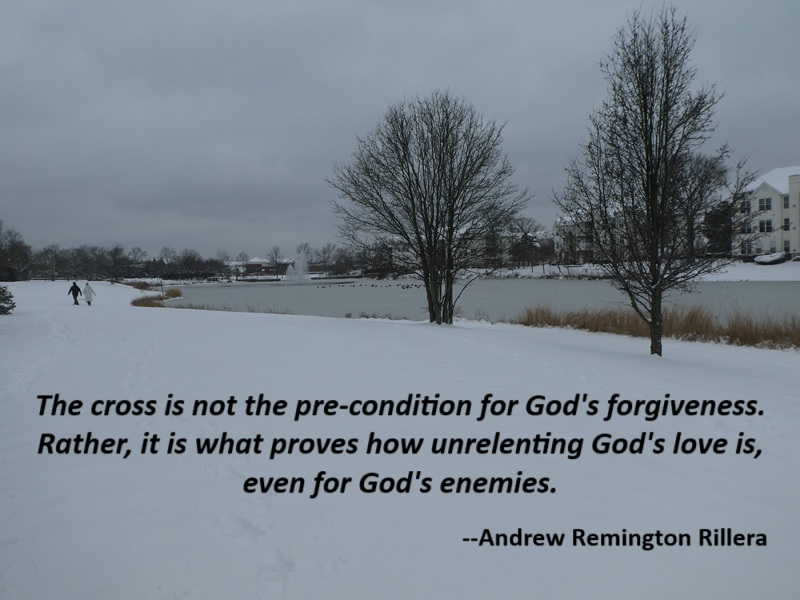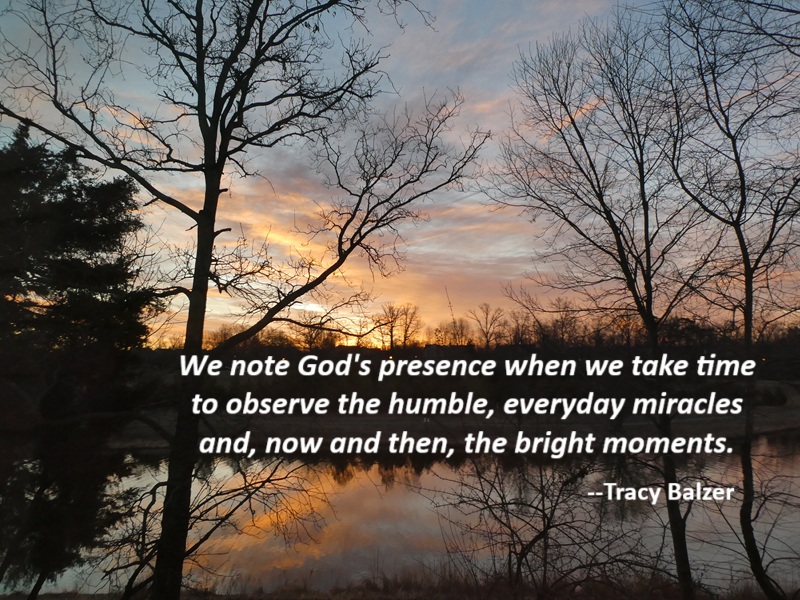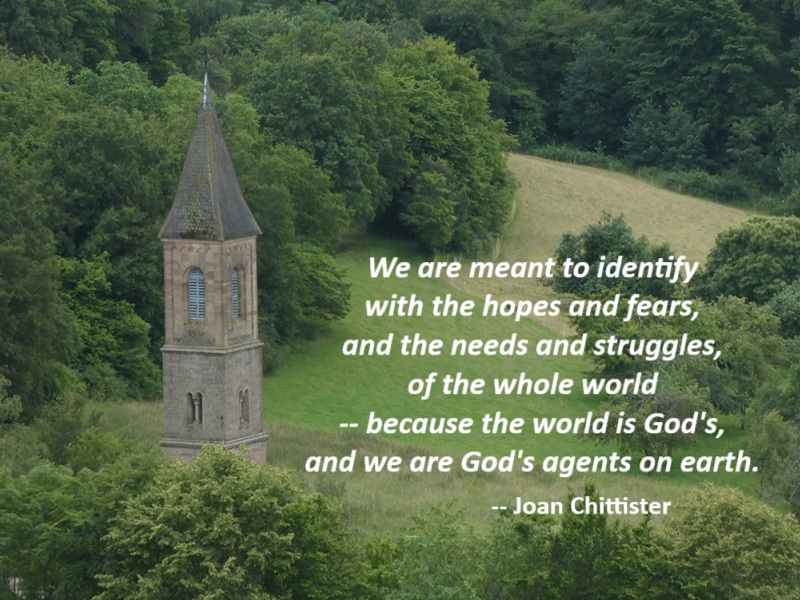
What Paul is claiming by saying that God put forth Jesus as a hilasterion is that this is proof of God’s righteousness and forbearance (Rom 3:25-26). The cross is not the pre-condition for God’s forgiveness. Rather, it is what proves how unrelenting God’s love is, even for God’s enemies (5:10-11; 8:31-39). And, humanity is being saved, not from God, but from Sin and Death (e.g., 5:12-7:25; cf. 1 Cor 15:55-56). Paul thinks the cross is what God endures in Jesus as God forgives (Rom 4:7), overlooks (3:25-26), and does not account people’s sins (4:8; cf. 2 Cor 5:18-19). The death of Jesus is what God undergoes as he loves his enemies so as to be reconciled to them (5:6-11), which requires God to enter “enemy territory” so to speak.
Paul is essentially saying:
Look at Jesus! God is not your enemy! You are the ones at enmity with God. God is justifying you even though you are ungodly. God has put forth Jesus as a conciliatory votive gift of peace and reconciliation to demonstrate this. Be reconciled to God! God loves you! If God did not spare God’s own Son, then nothing can separate you from the love of God revealed and manifested in Jesus Christ. Jesus eternally stands in the presence of God (like votive gifts stand in temples) interceding for us all.
–Andrew Remington Rillera, Lamb of the Free, p. 268-269
Photo: Snow and frozen lake, South Riding, Virginia, January 6, 2025









